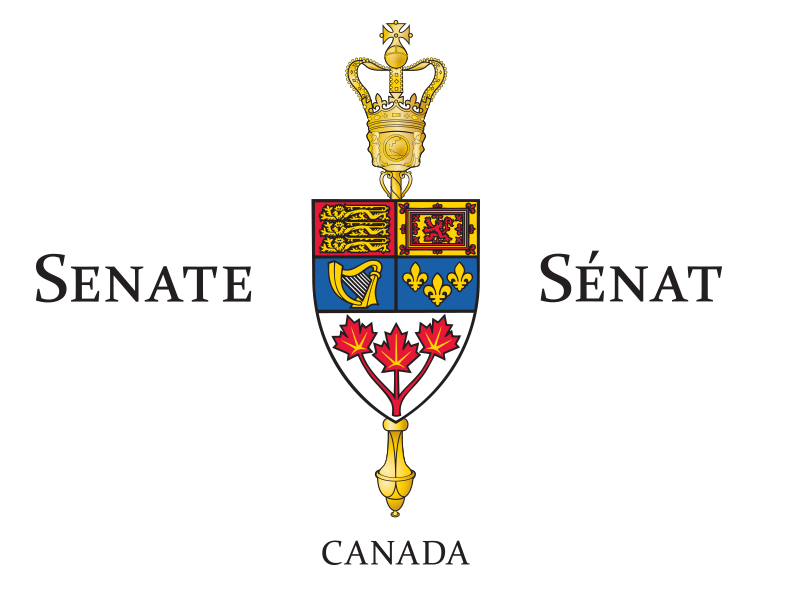The Role of the United Nations’ CIFALs in the Implementation of the Sustainable Development Goals for Bridging Divides
Under the leadership of the United Nations Institute for Training and Research (UNITAR), the Global Network of 24 International Training Centres for Authorities and Leaders (CIFAL) build capacity, expertise, and training around the world to advance the UN Sustainable Development Goals (SDGs), including ending poverty, responding to climate change, and reducing inequalities. The University of Victoria will mark becoming the 24th CIFAL member on March 23, 2022.
The Victoria Forum is organizing a webinar to examine the contributions of the CIFALs global network in bridging economic, social and environmental divides. This event will bring together leaders from the CIFALs network, representatives of the UN and a moderator from the Senate of Canada to discuss the following questions:
- What is the rationale for CIFALs?
- What are the contributions of CIFALs in the implementation of the UN Sustainable Development Goals (SDGs)?
- What are the challenge and opportunities for CIFALs in bridging economic, social and environmental divides?
Webinar #2
March 23, 2022
9 am – 10 am PST
Webinar Partners








